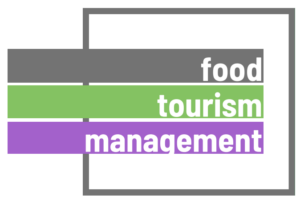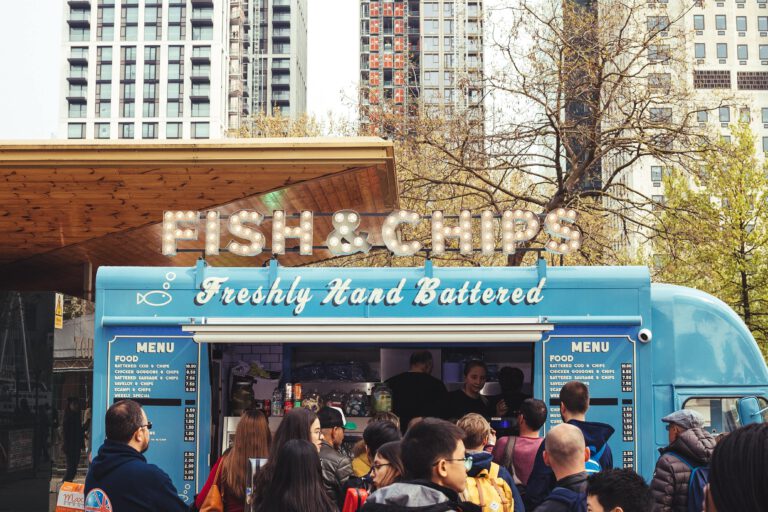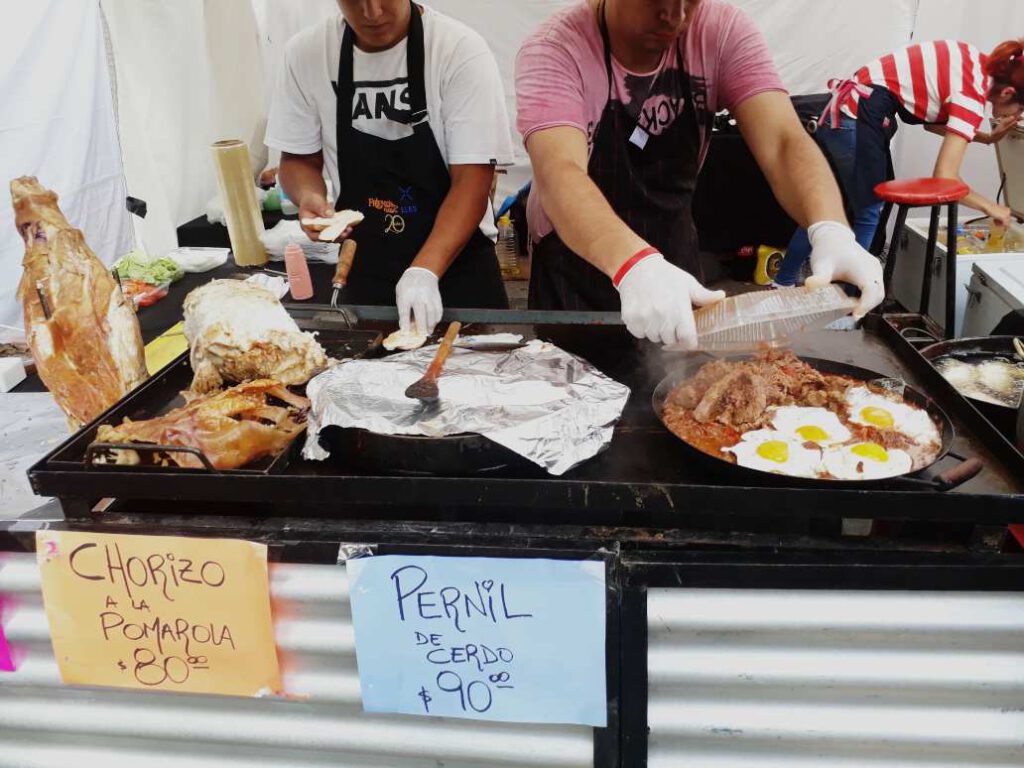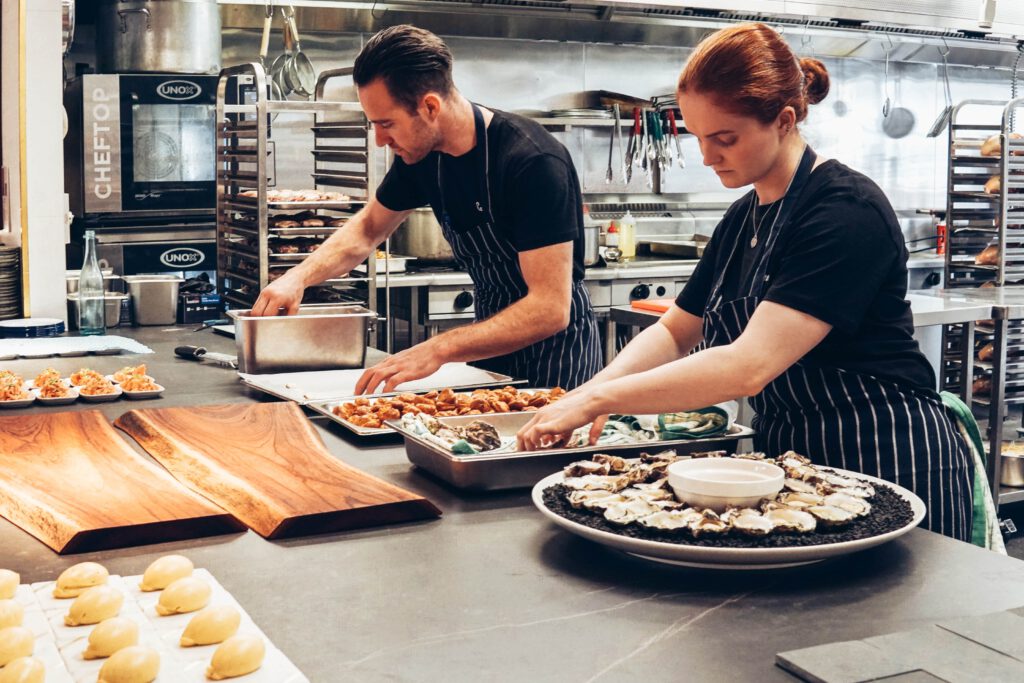A clearly outlined food identity serves as a strategic asset for a destination. Thus, managing culinary tourism from a strategic perspective is crucial to realise its full potential.
FTM is equipped with the necessary theoretical knowledge to develop food tourism at a destination sustainably in order to generate profits and benefits for people and planet.
In particular, culinary projects which support its destination’s food identity need to be organised to foster the strategy of the general tourism plan.
Together, suitable projects can be realised to strengthen gastronomy tourism. As a result, destination image and the quality of life for locals and tourists will be enhanced.
The appropriate marketing is decisive in manifesting the destination’s authentic food identity. Hence, brand image will be improved and brand awareness increased.
Managing the marketing strategy of the destination’s food identity and its food (tourism) businesses strategically is central in realising its full potential.











